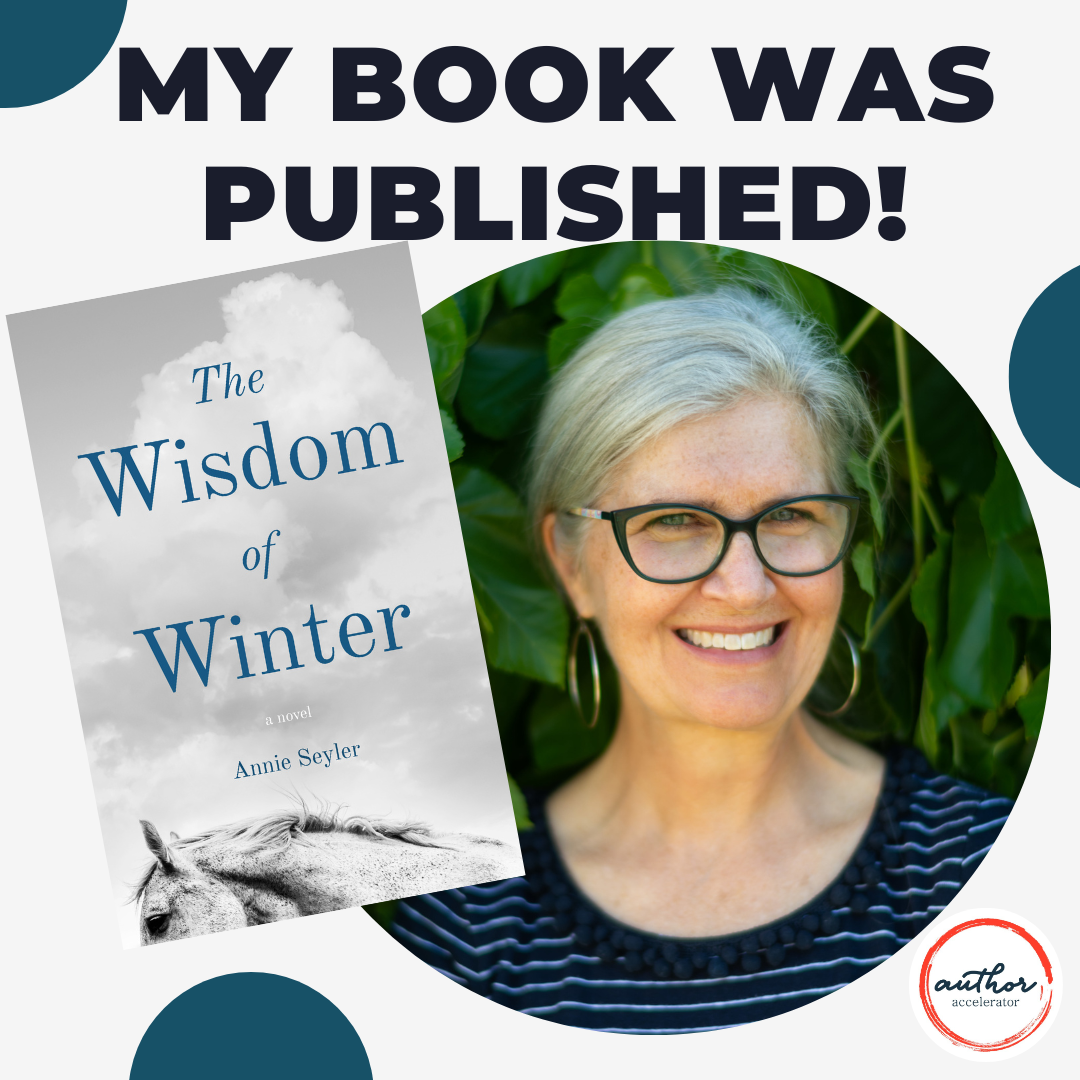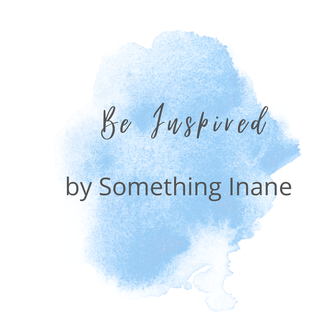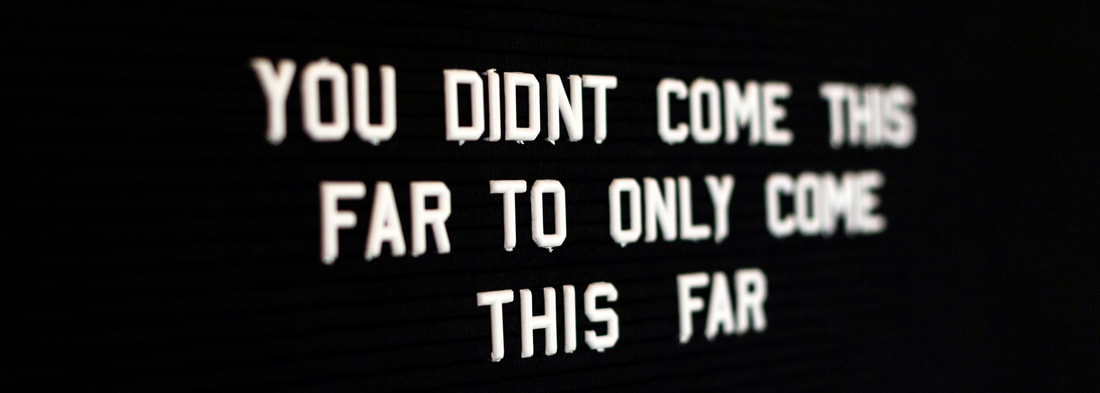|
Photo by Patrick Schneider on Unsplash As a seasoned book coach and editor, I've had the pleasure of guiding many writers through the process of crafting their memoirs. One common hurdle I encounter is anxiety over memory.
I just heard from a writer I’d worked with three years ago. I always hesitate to check in when someone is still writing – so I love it when a writer gets back to me. This time it was a complete surprise. The writer, let’s call him Bob, wanted to let me know his book is being published. Last I heard, he wasn’t sure what he was going to do next. It’s always exciting to hear that a writer I worked with completed their book and it’s going to be published. I hate it when I’ve read a good story and can’t tell other people to read it because it’s still in manuscript. I’m all in on author-publishing so I don’t ask writers how they’re published. In fact, I don’t even count getting a book published as the only way to keep writing. One author has had a lot of interest posting her chapters on Facebook. Another has won a prestigious grant to work on an entirely different book. A few have switched careers and now post regularly on social media – showcasing their talents to more readers than they might have found with a book. But Bob. He’s a whole other story. Before we started working together we had a pretty intense conversation about religion. Something I usually don’t talk to writers about but, in this case, it mattered. Bob was writing a quasi-religious book and his religion was different from my own. Would this be a problem? He decided it would be an asset because I could tell him if the book had merits for a general readership. We agreed to go ahead with the understanding that he would also find readers who would be more familiar with his subject matter once the book was finished. Bob was right - coming at his book from two different perspectives gave us both a chance to learn the best way to shape the book. He was sure from the beginning that even though his personal story might add another layer – he didn't want to write about it. My job, as I see it, is to help writers write the book they want to write. Not try to steer them toward the book I think is there just under the surface. So we went along for a few months, trading chapters back and forth. His writing was strong. His concept was good. I could see the appeal for a religious audience. And then . . . Two things happened. He had a bit of a midlife crisis. He read a book he thought was brilliant. He realized he wanted to write a book like that one. He knew in order to do that he’d have to write his personal story. The crisis had opened him up in such a way, he was ready to do that. This all happened outside our monthly meetings. I didn’t know about any of it until he told me - weeks later. The breakthrough he needed came from his life, not from our work together. When you’re coaching or teaching it’s often a little too easy to overestimate your influence. To think that just because you’re on the scene, you can direct its outcome. Bob has been way too kind thanking me in his acknowledgments. The truth is – all I did was step back and get out of his way. What did you do to celebrate the achievement of publishing a book?
I've celebrated many milestones along the way with my book coach, Michele Orwin, and with close friends and family. I haven't yet reached a singular moment that feels like I can stop and rest and say "wow, I did it". There's always a next phase — more learning, more stretching, more magic. How long did you work with a book coach on this project?18 months. Which publishing route was taken for the book? Hybrid publishing. What are you most proud of in terms of this book’s journey? I'm proud of the moment when I decided to trust the story — as if it was its own entity. Because of this, the expert editorial feedback I received felt like a gift. As if the story had been asking but I couldn't hear it. The editors could. And they clearly loved the story. The editing process was therefore joyful for me. The rewrites, the cutting . . . it was all about tuning the story to its highest potential. Was there ever a moment of doubt about the book? Someone in the book publishing world read the opening chapters of the initial draft and said the book likely needed to be overhauled from start to finish because they didn't know why they were in the main character's life. Since no other human had read the story at that point, the feedback felt like absolute truth. I thought I'd failed. I doubted myself as a writer. I doubted the value of the story. Came close to shoving it under my bed and leaving it there. What’s next for The Wisdom of Winter? Get the novel on local book shelves. Strategically market book online. Pursue targeted book award opportunities. Prepare to maximize forthcoming professional editorial reviews. Expand my social media presence in a sustainable and authentic way. Encourage consumer reviews. Field inquiries via my website. Would you recommend book coaching to get to this point in the writing journey? Yes! Fit is key. And timing. Michele Orwin has been a phenomenal mentor and ally from the get-go. Her love of the story and her belief in its place in the world has helped fuel me through countless moments of doubt and fear. She's authentic. Honest. Kind. Smart. Experienced. She's been my Obi-Wan. Her voice floating in my head saying "Feel the force, Luke . .. you got this". What are the next steps in your career? Steward this novel out into the world to the best of my ability and when I get the internal nudge, begin a new book. Congratulations, Annie!Preorder The Wisdom of Winter through Indiebound, Amazon, or Barnes and Noble. I used to write speeches. I would pour through books – what we call original sources – for hours looking for just the right quote. If I found one, it could set up the whole speech. Then a friend gave me a book of memorable quotes. Unfortunately, many of them – from Ben Franklin, Abraham Lincoln, and Albert Einstein - were either inappropriate for the topic or else overused. And then. The Internet. All I had to do was plug in – quotes about change – and thousands would appear. Later we all learned not all of them were what they appeared to be. It got to the point where you could make up something, attribute it to Albert Einstein or Kurt Vonnegut, and no one questioned it. As with almost everything – inspiring quotes have become way overdone. I politely delete when anyone sends or posts something inspiring about empowerment, success, following dreams, becoming a writer . . . the list is long. So I was surprised this morning when I read a piece by Joe Bunting, 50+ Inspiring Quotes About Writing and Writers on The Write Practice site and found five quotes I wrote down and wanted to pass along. Forgive me if you’re as sick of inspiring quotes as I am and don’t find these any better. If you’ve got some you do like, please post them below. “Writing, to me, is simply thinking through my fingers.” Issac Asimov “Write even when the world is chaotic.” —Cory Doctorow “The best way to be a writer is to be a writer.” Augusten Burroghs "Everybody walks past a thousand story ideas every day. The good writers are the ones who see five or six of them. Most people don’t see any." —Orson Scott Card "Good books don't give up all their secrets at once." —Stephen King What are your favorites?It’s summer and you know what that means: You’re going to write that book you’ve been meaning to write because:
Maybe all you end up with is an idea, an outline, the first 25 or 50 pages. You don’t have to struggle alone. I’ve been there. I know what it’s like to feel you’ve got all this time and so little to show for it. And why do all your best ideas only come in the middle of winter when you’re busy with other work? My summer project is to help as many writers as I can who need to feel like they’re on the right track. With a novel or a memoir. A short story or a letter. Something manageable. I’ll work with you on an outline or a blueprint. I’ll look at those early pages. I’ll give you suggestions in writing and on the phone. And we’ll see how far we can get. My advice is usually pretty decent and my prices are usually pretty reasonable. So if you’d like some help throughout the summer, please let me know. Contact me and we'll set up our own summer program. Photo by Laura Chouette on Unsplash |
Let's talk about drafts
|










 RSS Feed
RSS Feed